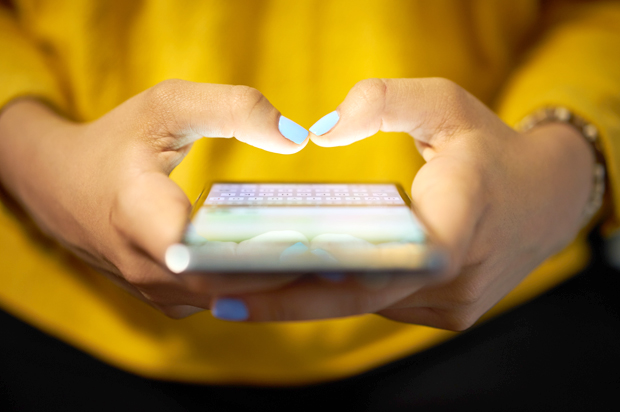As emojis continue to be an integral part of how humans communicate, the demand for more diversity in the emoji universe is loud and clear. Indeed, Apple has submitted a proposal to the Unicode Consortium, which is the organization that reviews emoji requests, asking for 13 emojis to represent individuals with disabilities. On the list is a hearing aid, a service dog, prosthetic limbs, people with canes and wheelchairs.
“Apple is requesting the addition of emoji to better represent individuals with disabilities. Currently, emoji provide a wide range of options, but may not represent the experiences of those with disabilities,” the proposal states. “Diversifying the options available helps fill a significant gap and provides a more inclusive experience for all.”
In partnership with the American Council of the Blind and the Cerebral Palsy Foundation, the proposal focuses on, in Apple’s words, “a set of emoji that are most inclusive to a large number of people in four main categories: Blind and Low Vision, Deaf and Hard of Hearing, Physical Motor, and Hidden Disabilities.”
The service dog is also meant to represent those with “hidden” disabilities, according to Apple’s proposal–such as anxiety or autism.
A service dog emoji is proposed to represent "hidden disabilities" such as Autism, seizures, anxiety, or PTSD. Per the proposal: "service dogs not only perform tasks to help their partners live independent lives, but may represent a lifeline in moments of crisis" pic.twitter.com/S3DpmVFe4j
— Emojipedia (@Emojipedia) March 24, 2018
On Twitter, the reaction to the proposal has been positive.
Exciting! Apple proposes guide dogs, wheelchairs & other disability-themed emoji for next version of Unicode https://t.co/OUzOhscfON #a11y #Accessibility
— Haben Girma👩🏿🦯 (@HabenGirma) March 23, 2018
I know there are so many other things Apple could be announcing today that would get more people's attention but hey, it's just nice to finally have an emoji in the works that represents me better. 😅 pic.twitter.com/GH0XxJNeTW
— James Rath (@JamesRath) March 23, 2018
Speaking as a disabled person, it’s hard to overstate the significance of Apple’s accessibility emoji proposal. They aren’t a bunch of cute pictures. These are going on hundreds of millions of devices. People *will* notice them. The awareness meter will go up exponentially.
— Steven Aquino (he/him) (@steven_aquino) March 23, 2018
Adding emojis to represent diversity has caused controversy in the past–especially among conservatives. For example, back in July when Apple added an emoji to represent Muslim women, some dismissed the effort to add an inclusive emoji.
Emoji politics, as my colleague Keith Spencer once wrote, are complicated–in part because of the politics of Unicode. In order to hold a voting membership for the Unicode Consortium, it costs between $11,000 and $18,000. ”The Unicode Consortium is not a democratic organ, and thus, emoji are approved and produced via a top-down, technocratic hierarchy,” Spencer wrote. “They’re not by us, but they’re for us. But their politics will never stray beyond what is acceptable to their members.”


